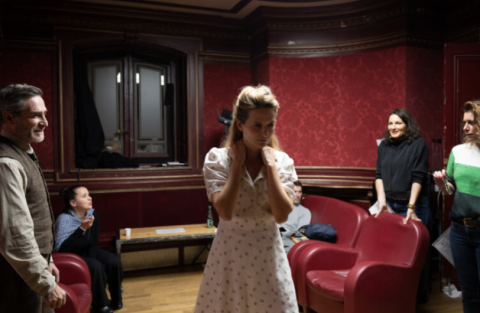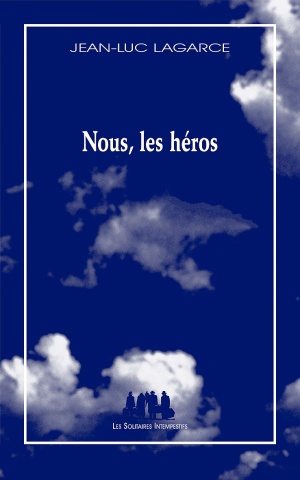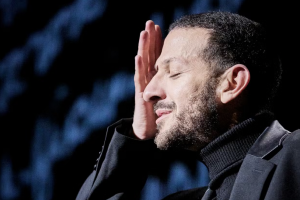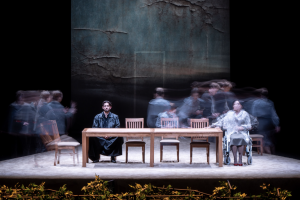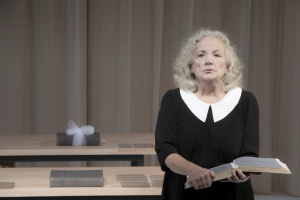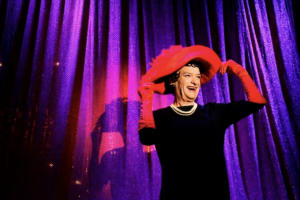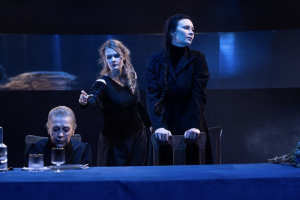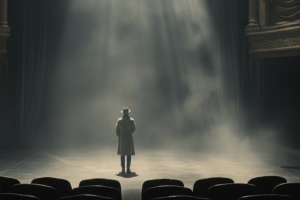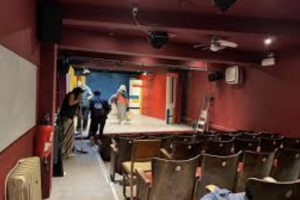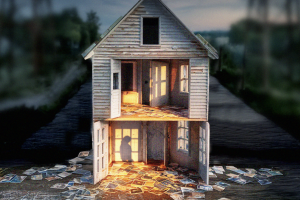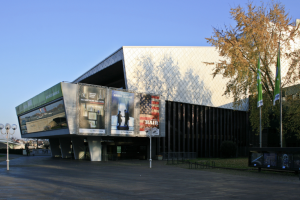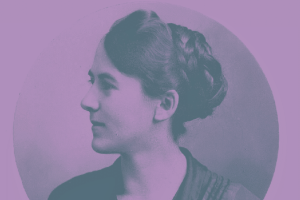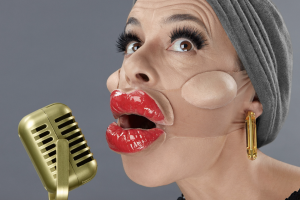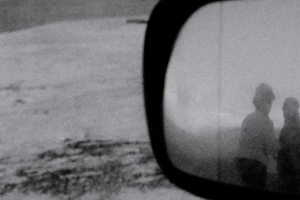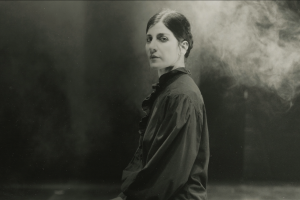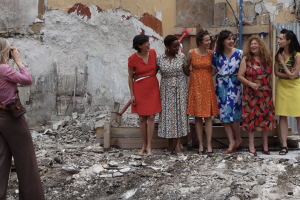Nous, les héros
We, the Heroes narrates the tribulations of a family of actors on tour in "the center of Europe". The performance has just ended, and the troupe returns to their dressing rooms, or rather, to what serves as their dressing room. Perhaps the back room of a village hall, where make-up tables with mirrors, screens and a few mattresses or cots have been set up. There could also be racks of stage costumes, suitcases, a gas stove... The performance wasn't brilliant, and the audience wasn't very enthusiastic. Lagarce here revives a theatrical genre that might be called "la sortie de théâtre", a genre initiated by Molière with La Critique de l'Ecole des femmes then taken up by Karl Valentin or Roland Dubillard, among others. But unlike these authors, Lagarce places himself not on the side of those who leave the theater, but on the side of those who leave the stage. He invites the spectator backstage to share the intimacy of the actors as they remove their make-up and put on their street clothes. The spectator never sees the show, the performance is over. What is the play, anyway? He can only imagine it, dream it. But they will witness life as it passes. This much fantasized troupe life.
Performance scheduleAdd dates
Performance archives
- Théâtre de Caen | CaenDec 03 > Dec 04, 2025
- Théâtre Impérial de Compiègne | CompiègneNov 18, 2025
- L'Arc-en-Ciel - Théâtre de Rungis | RungisNov 14, 2025
- Théâtre National de Nice | NiceNov 06 > Nov 07, 2025
- Théâtre des Bouffes du Nord | ParisOct 16 > Nov 01, 2025
- Scène nationale 61 | AlençonOct 07, 2025
- La Coursive | La RochelleOct 01 > Oct 02, 2025
- Théâtre de Lorient - CDN | LorientSept 23 > Sept 26, 2025
